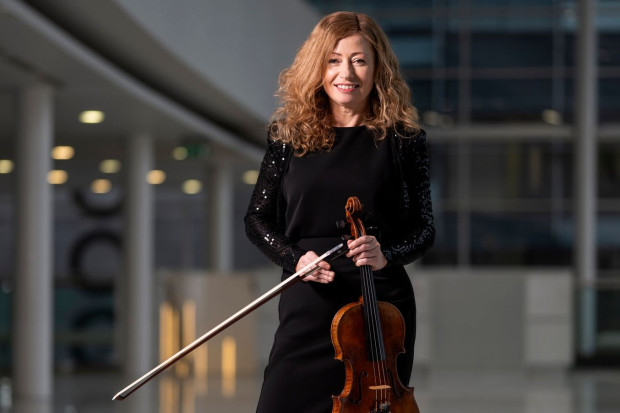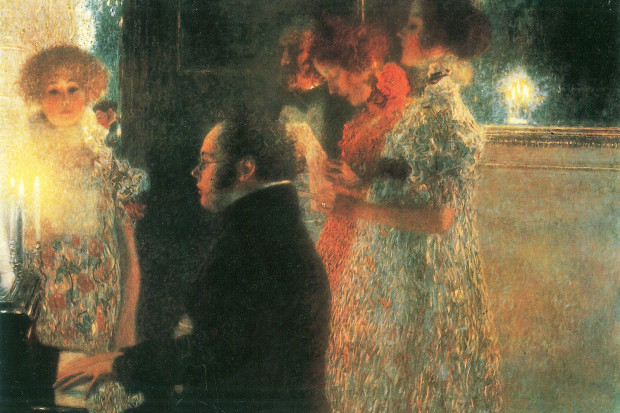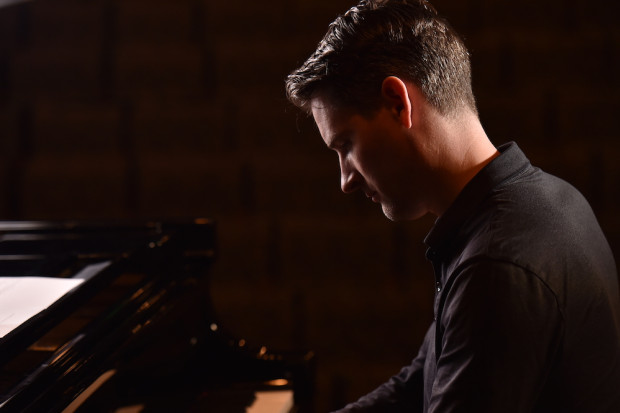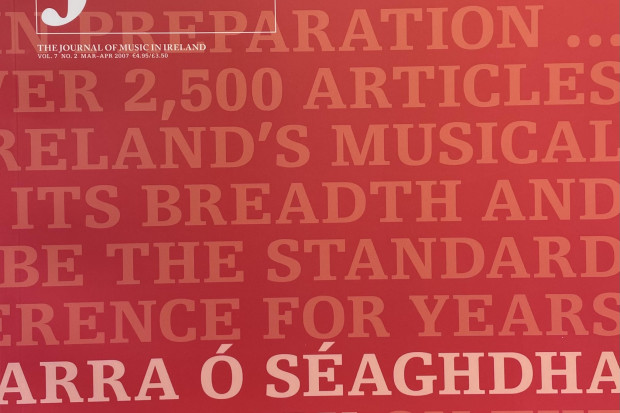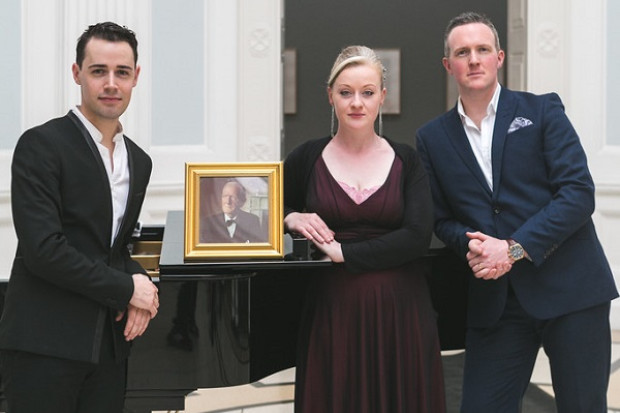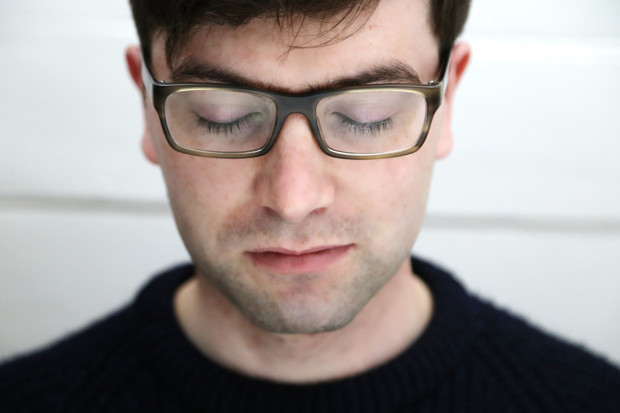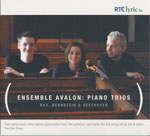
Bax, Bernstein and Beethoven. RTÉ lyric FM CD116
CD Reviews: Ensemble Avalon
Only one of the traditional ‘Three Bs’ features on the debut offering from the ensemble avalon, but so persuasive is this coupling of Beethoven with Arnold Bax and Leonard Bernstein that it prompts the hope that this young trio will continue to re-model the musical alphabet in future releases.
Formed in the summer of 2006 by violinist Ioana Petcu-Colan, pianist Michael McHale and cellist Gerald Peregrine, the ensemble has been busy acquiring a reputation on the concert platform at home that would grace the CVs of more established and experienced outfits. This first foray into the recording studio looks set to introduce their elegantly incisive playing to audiences outside of Ireland.
The warm reception enjoyed by Arnold Bax’s Piano Trio at its premiere in 1946 surprised no-one more than the composer himself. Defiantly at odds with the emerging fashion for atonalism, it stresses classical values infused with characteristically late-romantic attitudes and accents.
The ensemble avalon clearly appreciate its curious confection of discipline and passion, with McHale relishing the rippling, long-limbed piano lines, not least in the infectiously spry opening movement and impishly-inclined finale. Throughout, Petcu-Colan takes full advantage of the sweeping emotions asked of the violin and Peregrine makes more than might be expected of the evocative but understated burnt mahogany cello accompaniment.
Dating from 11 years earlier, Bernstein’s Piano Trio, his Opus 2, was written when he was just 19 years of age. Its European-leaning timbres initially distract the ear from the sharply realised scoring for all three instruments, an oversight magnificently corrected here by idiomatically pungent playing of considerable character. The densely woven latticework of the opening movement draws fine, reciprocally attentive contributions from all concerned.
The central march movement, borne along by a lightly skipping pizzicato, brims over with vivid exchanges between duo and trio permutations in which youthful excitement and high spirits dominate. The abrupt change of pace and tone into the lyrical but grave beginning of the finale is nimbly negotiated and its bubbling syncopations and boiling climax entertainingly dispatched.
A no less theatrical proposition, Beethoven’s Ghost Trio (Opus 70, Number 1) prompts playing of real mettle and meaning from the avalon threesome. McHale provides valuable ballast with a solid but spontaneous piano line that serves as both soundboard and springboard for Petcu-Colan’s now impetuous, now ardent violin. Peregrine’s cello is occasionally lost in the opening’s over-inked dynamic contrasts and wildly fluctuating tempos, and a touch too disembodied in the eerie middle movement. All three voices come together in buoyant, good-humoured unison for a resoundingly cheery finale.
The recorded sound in St Peter’s Church of Ireland, Drogheda. is warm and intimate, and this attractive debut both whets the appetite for the ensemble’s inaugural chamber festival in Wexford in November, and bodes well for the future.
Published on 1 November 2008
Michael Quinn is a freelance music and theatre journalist based in Co. Down.












